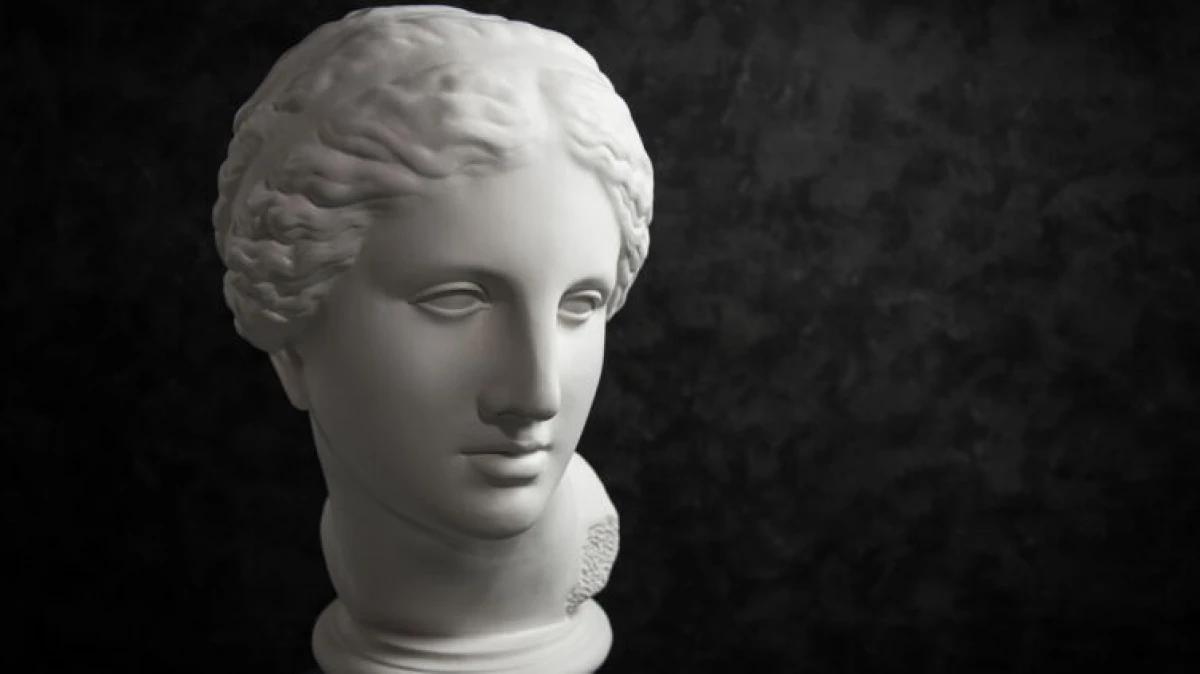
The study of literature in school is made in chronological order, and therefore one of the first books of the student, on the idea of teachers, should be the book of N. A. Kuna "Myths and Legends of Ancient Greece" or similar compilations. The ancient Greek MiF on Aphrodite and Pygmalion is the object of study of this article. Let's analyze what is his role in the culture of the ancient Greeks, and at the same time we try to figure out what the hidden meaning of this story.
It is difficult to overestimate the importance of the myths for both literature and for culture as a whole: the majority of cinema plots, theater and books are built according to the structure of the myth. Eternal table stories for modern interpretation, the main bestseller of all time - the Bible - largely also resembles a collection of myths and legends. And, of course, the myths are a serious pillar, which relied on the moral of the ancient Greeks - fathers of the Western European civilization.
First, refresh memory and note the key events in the plot of the myth on Aphrodite and Pygmalion. Pygmalion hated women and avoided marriage - his passion was in art. Once he created the sculpture of the girl of unearthly beauty and fell in love with her: Dressed, gave her jewelry, talked to her and so on.
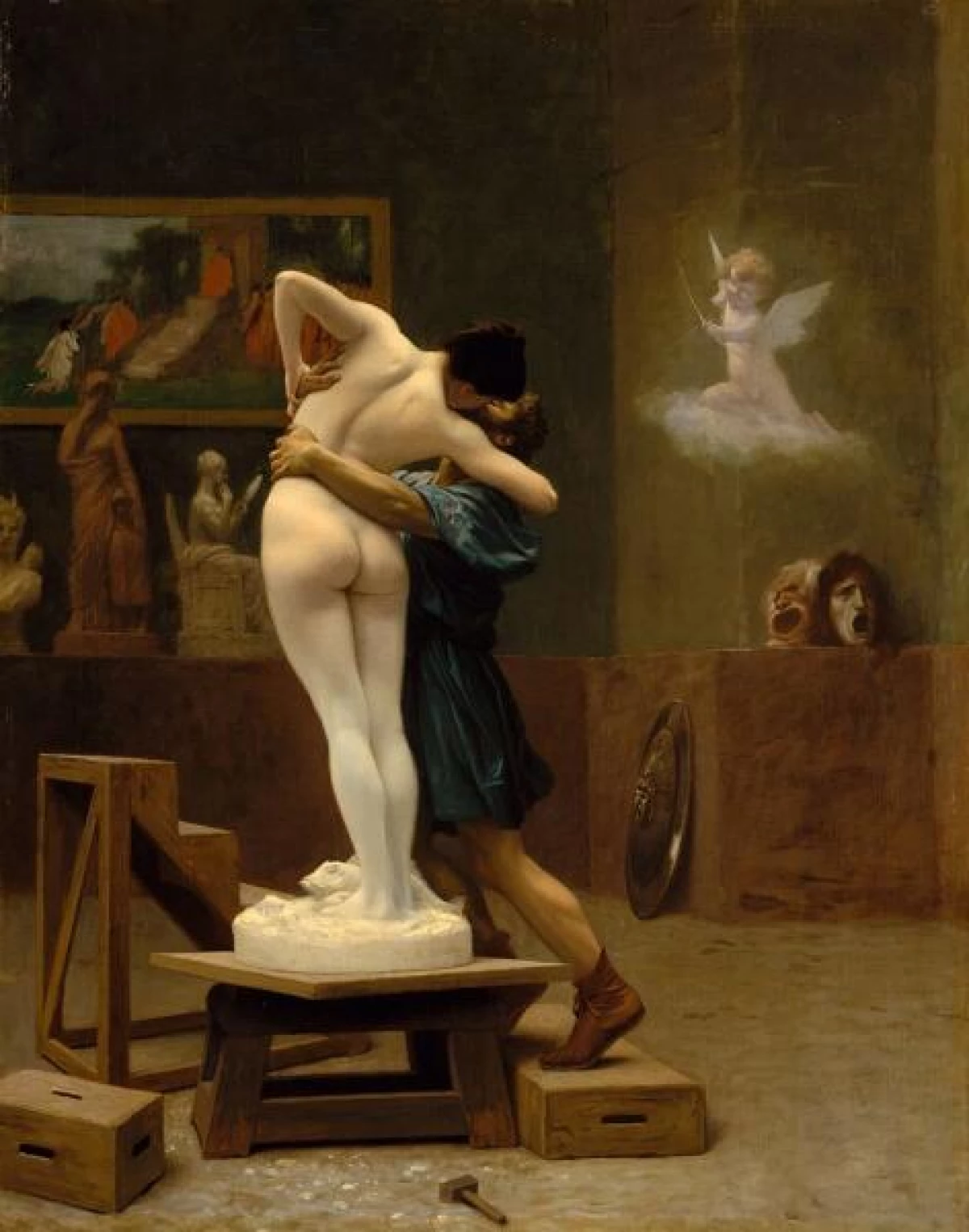
On the day of the festival in honor of the goddess Aphrodite - the patroness of all lovers - Pygmalion made a generous offer and prayed that the gods gave him the same beautiful woman as their beloved sculpture. The sculptor did not miss the statue, the sculptor to ask - was afraid to angry the gods. Returns Pygmalion home, and - about a miracle! - The statue came to life. So Aphrodite has awarded the sculptor for the right service.
Now let's think on the manner of literature teachers: what the author wanted to tell us? There are many points of view, but the generally accepted is as follows: in this myth, the Goddess of Love Aphrodite appears in front of the reader of the mighty and omnipotent, moreover, more than the merciful. Moral: love the gods, and they will love you.
True, incomplete arises. See: Another myth is known to the world - about Narcissa. Its, I am sure, everyone knows: Narcissa fell in love with his reflection, and it ruined him. No matter how much he asked Aphrodite to give the opportunity to stay next to a cute guy on the other side of the mirror stroit of water, only the silence of heaven.
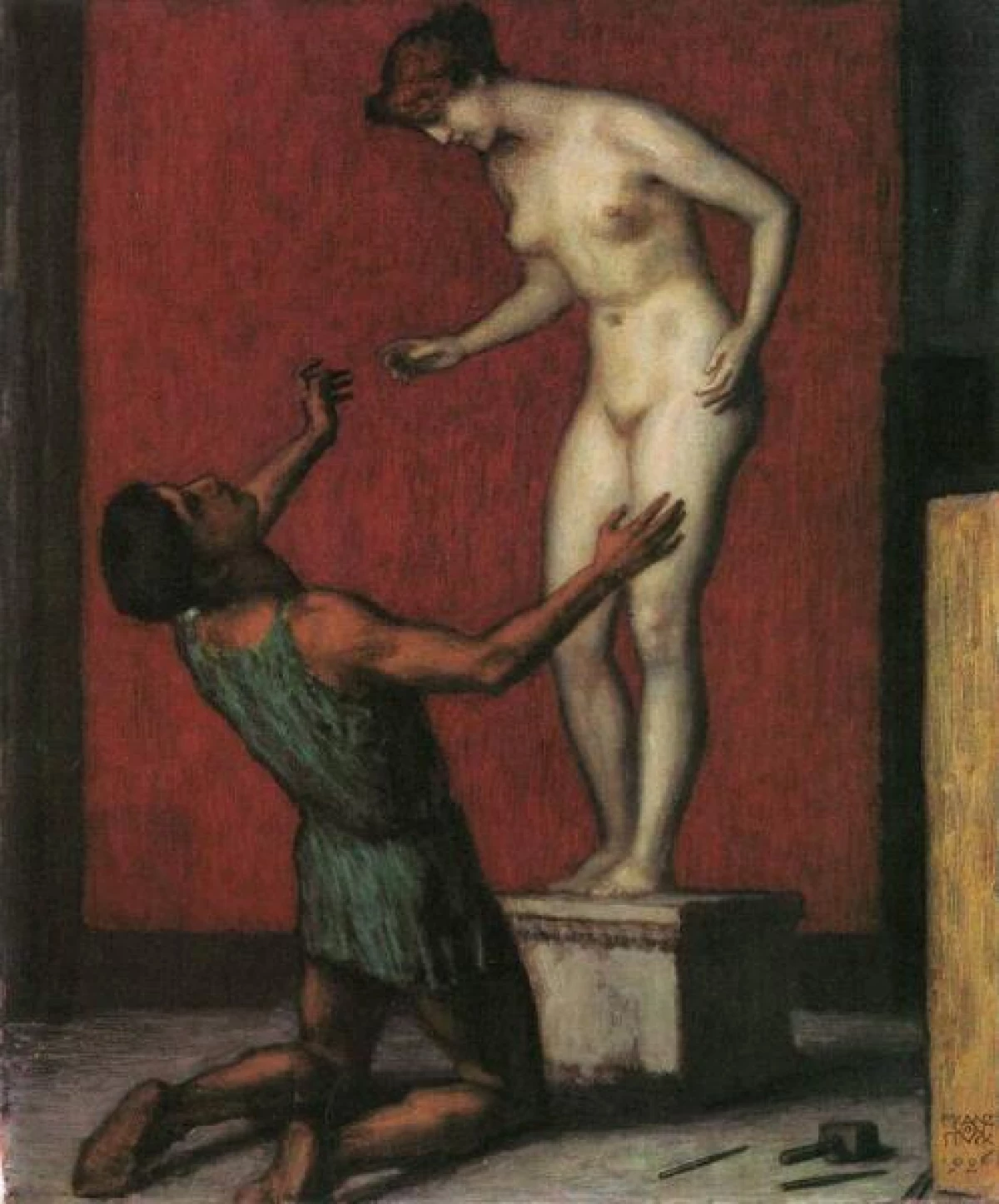
And this is what the contradiction: Narcississ reached for the self-ability of Aphrodite, and for the love of Pygmalion to the statue, the sculptor awarded. And she did not fulfill his concrete desire: to give a woman, beautiful, as a statue, she revived her. And judging by the fact that we do not know anything about Pygmalion, we can assume that his fate has developed well. That is, it is unlikely that he and his wife "lucky" to face discrimination or the problem of having a place in the world for a living statue (or, we use associative thinking, android placed in society).
Of course, it is not necessary to perceive myths too seriously, because Jean-Pierre Vernan is also a historian historian who studied the life of the ancient Greeks, "wrote that, starting from the fifth century BC, in philosophy and history of myths acquired a derogatory nature. They became unreasonable and not supported by evidence fairy tales, rather for entertainment, rather than to explain the whole thing. In short, the Greeks for five hundred years before the birth of Christ rusted to his voice over their own stories.
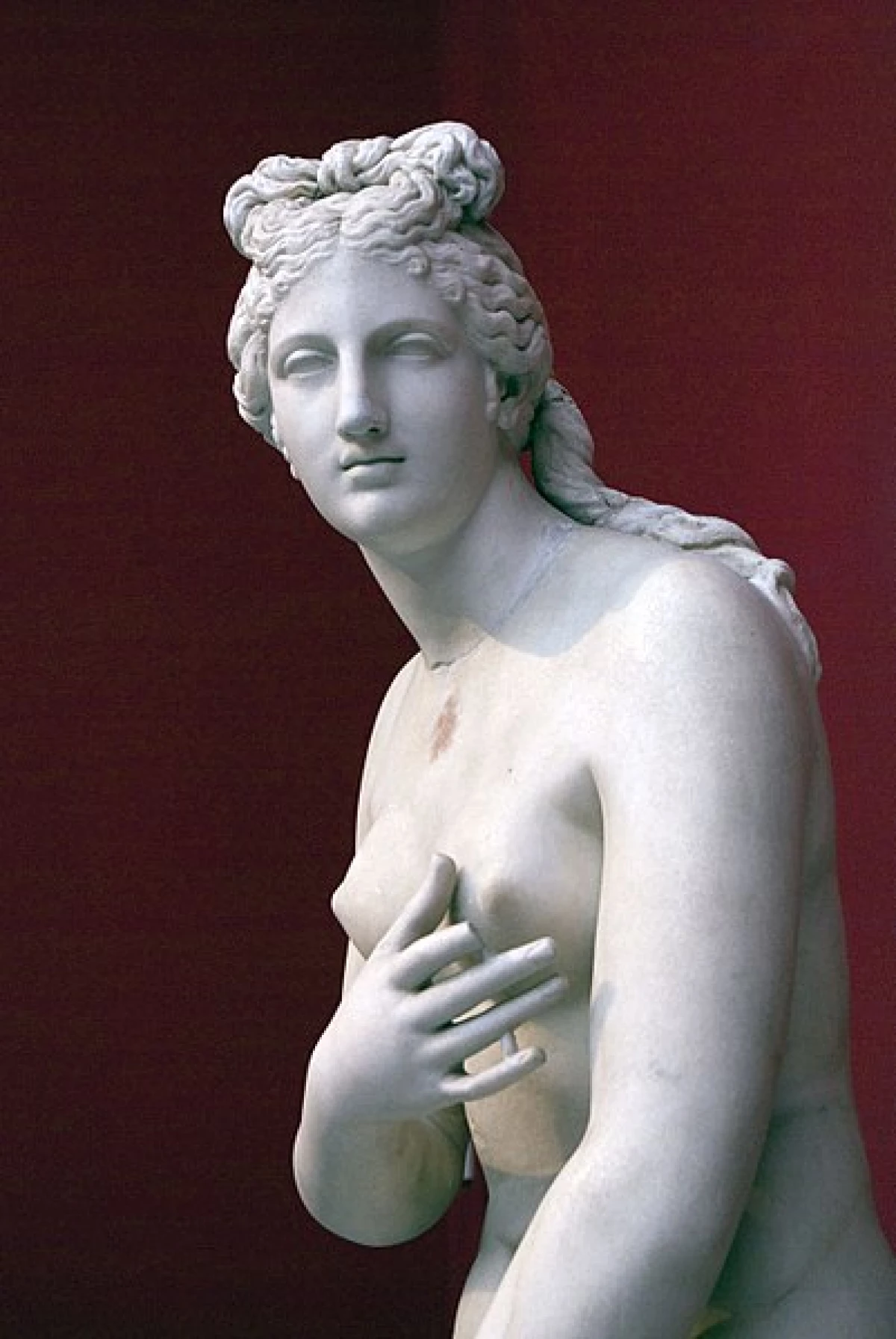
However, let me remind you that myths perform the educational and educational function in the same way as, for example, the Bible. Not in vain, all prayers to God-threshold Zeusz began with the words "our father." Later, Christians interpreted them in "Our Father", and then these words have become nominated.
M. Madzhan, for example, in his book "Understanding Media" often addressed the Bible, and to the myths of ancient Greece to explain the nature of a modern man. He interpreted the already mentioned Narcissue myth.
According to Professor of the University of Toronta, Narcissus fell in love with himself, but in his reflection. Thus, M. Madluhan wanted to emphasize that people interacting with the information field like not the exact picture of their lives, for example, in the newspaper, namely that the reflection of reality. Therefore, today all over the world students of journalistic directions and study the works of professor, including the book "Understanding Media".
Now imagine that I am a kind of M. M. McCleuhan, and let me put your interpretation of the myth on Aphrodite and Pygmalion. Of course, the author "Understanding Media" was a professor of the University of Toronta, and I am just a student of the second course of journalism, but it never knows how life will turn.
In general, I believe that Aphrodite has awarded Pygmalion not only because he brought her sacrifice "White chick with moaling horns", but also because he truly loved. Of course, the myth says that the sculptor hated women, and the passion for men does not seem to be, but his love spread to another - on art.
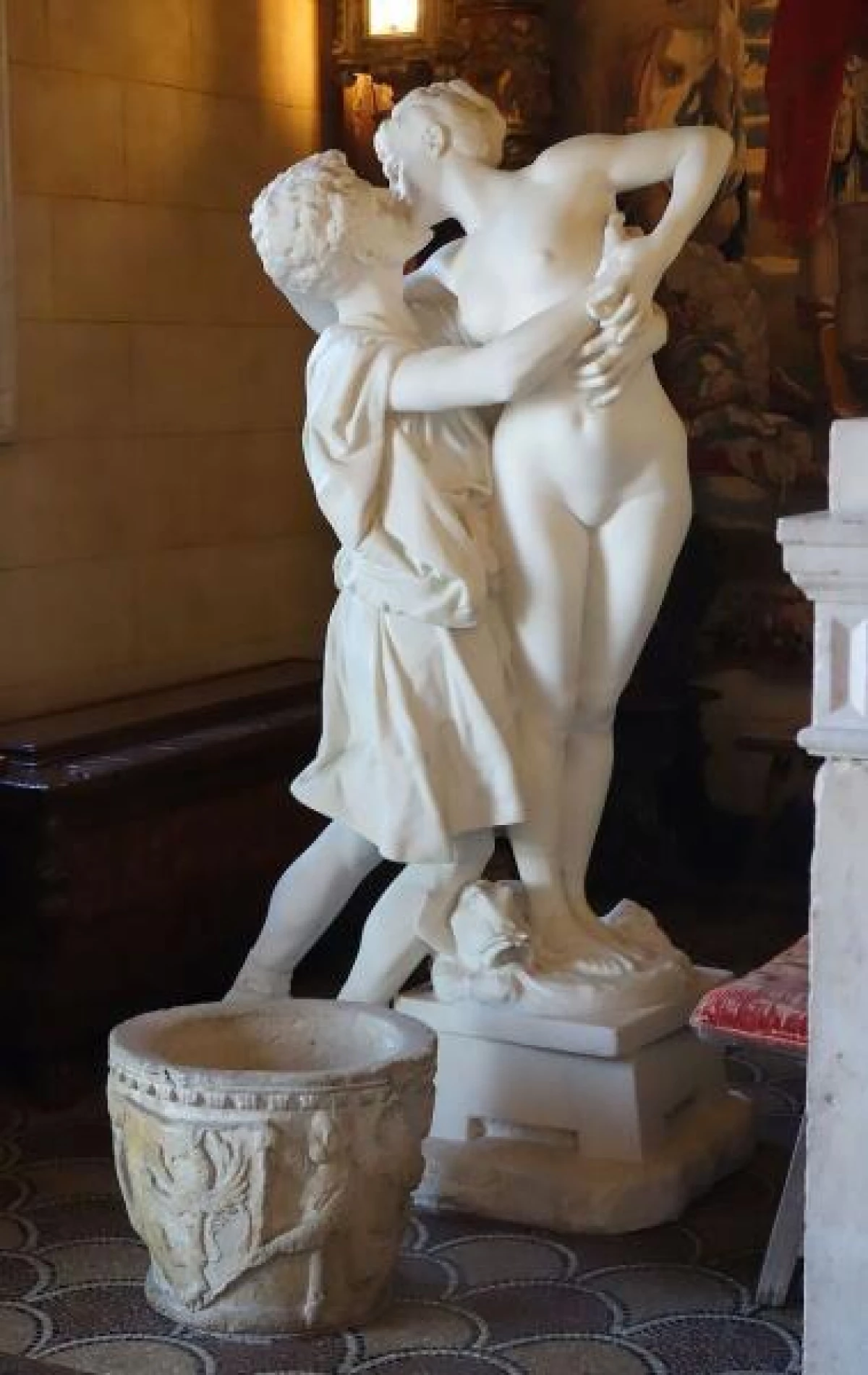
Aphrodite - as a goddess of love - appreciated the worldview of Pygmalion and gave him what he could not dream about. So love for the beautiful helped a person to gain happiness.
What can be concluded from this interpretation? Well, if we consider the myths from the point of view of reflection of the culture of ancient Greece, then, in its inhabitants, in addition to the famous "cult of the body", which can be judged by the preserved sculptures, was also the "cult of art." Love for creativity was valued higher than the love of a woman, and accordingly, and to her child. That is, the motto "All for the sake of art!" sounded proudly and worship.
Of course, no one forbids thinking differently. In the end, myths are remnants of the past. However, great scientists and thinkers still explore the life of the ancient Greeks and their literature. What am I worse, actually? And the worse my reader, whom I invite you to express my opinion in the comments?
Author - Kirill Salimov
Source - Springzhizni.ru.
